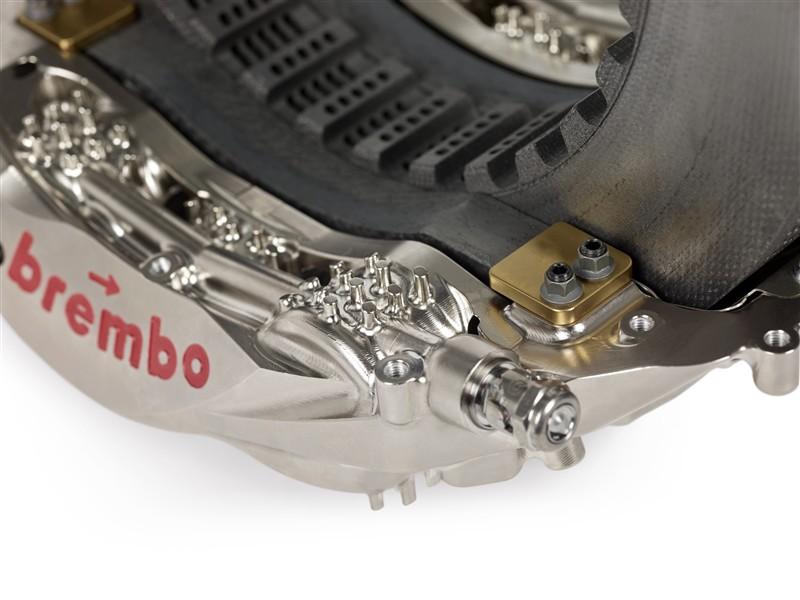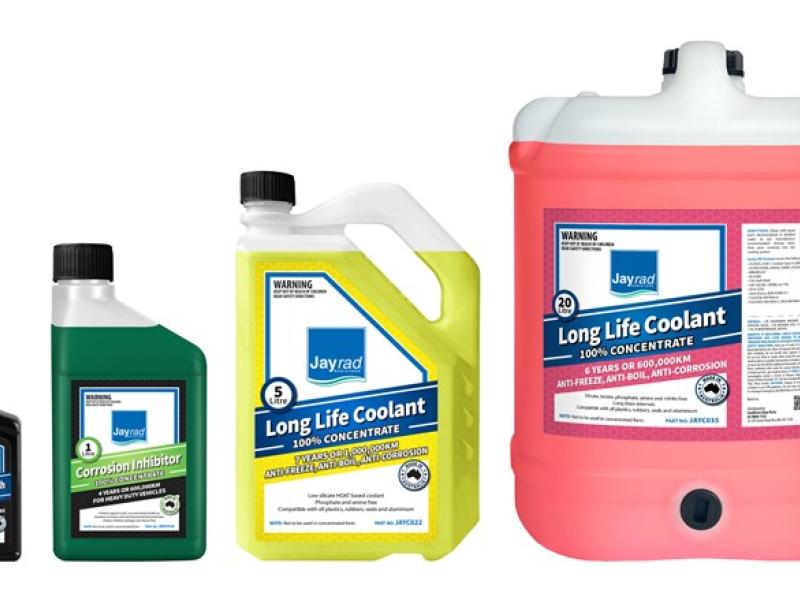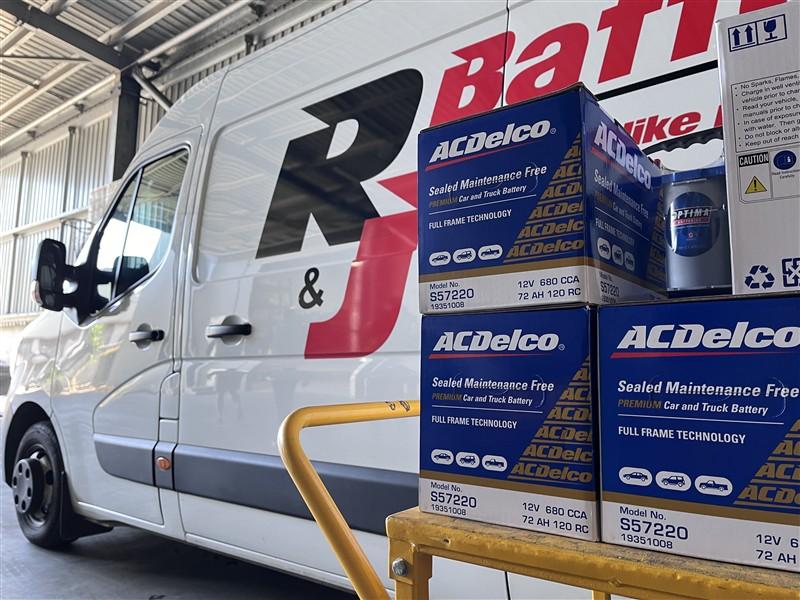Increasingly complex technology has resulted in more and more reliance on synthetic oils, or natural base oils in combination with complex additives, for vehicle lubrication. John Oxley reports.
We are all happy with the more-economical vehicles we are driving today, but it comes at a price, and that price is being paid more and more by the lubricating oil in the engine.
A number of factors, most recently bolstered by the increasing use of turbochargers to get power yet economy from ever-smaller engines, is putting more and more pressure on the oil and lubricants industry.
According to Dr. Jai G. Bansal, Global Technology Advisor - Crankcase Lubricants, Infineum# International Ltd, in his paper: “Future Trends and Challenges in Engine Lubricants”, the key challenges facing oil and lubrication engineers are four-fold:
- Increasingly stringent emissions requirements.
- Extended oil change periods.
- Calls for better fuel economy.
- Alternative fuels (to petrol and diesel).
To meet these goals, he says, the motor industry has turned to a number of solutions, usually used in combination.
These include:
- Direct injection (GDI).
- Turbocharging
- Downsizing.
- Variable valve actuation.
- Exhaust gas recirculation.
- Advanced materials and surface treatments.
- High pressure common rail diesels.
- Retarded ignition.
Let’s first look at emissions, how it is being tackled, and what the results are as far as lubricants are concerned.
One of the main approaches is exhaust gas recirculation, with or without external cooling, but this approach has resulted in the formation of soot in the oil.
The treatment has been to use additives to disperse the soot, so the base oil maintains its lubricant qualities, but as engines become more advanced, so the treatment has become more and more complex. This is exacerbated to some extent by the effects of diesel particulate filtration on diesel engines, and by the use of catalytic converters.
The call for extended oil change periods is basically a question of simple economics; reducing the cost of ownership by cutting vehicle downtime for oil changes, and cutting the cost of disposal of used oil.
A number of approaches are being made to lower fuel consumption, in both petrol and diesel engines.
These include reducing the viscosity of the engine oil to reduce drag within the engine from the oil itself, and this is having very promising results. At the same time it carries its own challenges, not least of which is ensuring that the lower viscosity does not result in increased wear in the engine!
These challenges seem to have, for the time being, been overcome, but it’s something both engine designers and oil engineers have to keep a careful eye on.
At the same time these new oil technologies are pushing up the price of the engine oil.
Another related topic is the effect of friction modifiers on the new surface coatings being used in modern lightweight small-capacity engines.
And there’s no point in re-formulating the oil to account for all these variables if the additives or the oils break down rapidly; the lubricants must continue to deliver peak performance during their life cycle in the engine, not just when they are fresh.
Finally, alternative fuels.
At the moment this is not gaining a great deal of traction in New Zealand, where even readily-available, and lower-cost, liquid petroleum gas (LPG) is largely ignored, while the use of the sustainable bio-fuel ethanol to increase the octane rating in premium grade petrol is not as widespread as it could be.
A major impact of using ethanol based fuels is increased corrosion within the engine as alcohol-based fuels are hygroscopic, i.e. they readily attach to water.
However, these days most ethanol-based commercial fuels, or petrol containing some alcohol, also contain corrosion inhibitors.
A bigger risk, in fact, comes in the diesel industry, where the use of bio-diesel as a fuel may cause some incompatibility with petroleum-based lubricants, and it is essential that care be taken when using bio-diesel, especially if it has not come from a commercial source.
In summary, the oil and lubricants industry is facing a continuous challenge to keep up with technology and the changes that this brings to the needs of internal combustion engines.
For the consumer, whether that be in the workshop scenario or the man changing his car’s oil in his home garage, the answer is clear; oil is still cheap compared to the cost of engine repair or replacement, and it is vital that the right oil is chosen to do the job the engine designers intended.
Cheap can become very expensive!
#Note: For more than 80 years Infineum has been a world-class formulator, manufacturer and marketer of petroleum additives. See more www.infineum.com.






